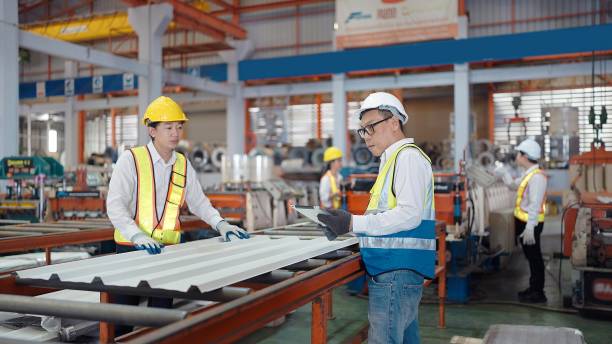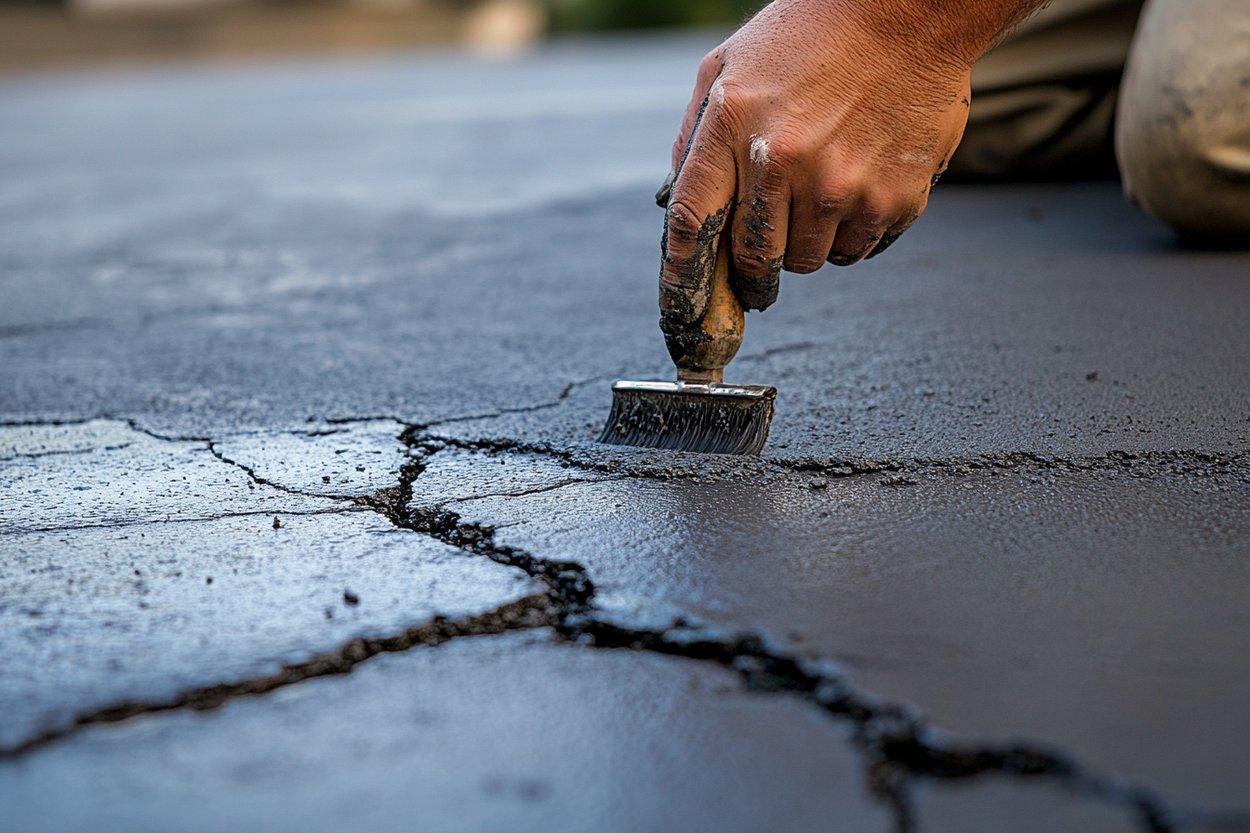Roles, Responsibilities, and Work Environment of Asphalt Paving in Japan’s 2025 Road Construction Sector
Asphalt paving in Japan is carried out by organized teams prioritizing safety to maintain the country’s road network. This article outlines job roles, daily tasks, training, safety practices, and labor conditions and regulations for asphalt professionals in Japan’s 2025 road construction sector.

Key Job Roles and Responsibilities in Asphalt Paving and Upkeep
Workers in Japan’s asphalt paving sector play an important role in both constructing new roads and performing ongoing maintenance. Their duties focus on surface preparation, asphalt application, repairs, and quality assurance. Typical tasks include:
- Surface Preparation: Removing debris, leveling, and compacting the base to ensure a suitable foundation for asphalt laying.
- Asphalt Mixing: Operating equipment to combine raw materials into the proper asphalt mixture.
- Paving: Employing specialized machinery for the uniform application of asphalt layers.
- Compaction: Using rollers to compress the asphalt for density and durability.
- Repair and Patching: Detecting damaged sections, removing deteriorated asphalt, and resurfacing as needed.
- Quality Control: Carrying out inspections and testing to ensure compliance with Japanese construction standards.
Depending on the project requirements and individual skill levels, workers may specialize or cover multiple tasks. Collaboration within well-coordinated teams enhances both efficiency and quality.
Team Collaboration and Organized Work Environment
The asphalt paving workforce in Japan functions within defined team structures, with clear roles and responsibilities. Leadership is provided by foremen and site supervisors who coordinate the efforts of specialized contractors responsible for distinct paving tasks. This organized framework promotes smooth communication, clear task assignment, and steady work progress.
Moreover, the focus on structured communication assists workers—including those less fluent in Japanese—in understanding safety rules and quality expectations. Daily routines often include scheduled meetings and uniform procedures that foster teamwork and alignment around objectives.
Training and Skill Enhancement for Asphalt Workers
Continual education and skill-building are priorities in Japan’s road construction industry. New employees typically receive:
- Safety Training: Instruction on hazard identification, proper use of protective gear, and emergency response.
- Equipment Training: Practical exposure to the various machines used for mixing, paving, and compacting asphalt.
- Mentoring: Hands-on guidance from experienced technicians to develop technical and practical skills.
- Specialized Workshops: Attendance at industry-led sessions to refine expertise and uphold safety standards.
This structured training prepares workers to meet rigorous Japanese quality and safety standards while supporting their professional growth.
Physical Work Conditions and Scheduling Patterns
Asphalt paving requires strenuous physical effort and is mainly conducted outdoors. Workers face:
- Seasonal Effects: Peak activity occurs during warmer periods, with work patterns adjusted according to the climate.
- Variable Schedules: Jobs often start early, include night shifts, and require weekend work to meet deadlines and reduce traffic impact.
- Physical Demands: Tasks involve prolonged standing, heavy material handling, machine operation, and exposure to temperature extremes such as heat, cold, and precipitation.
Despite these challenges, employers take measures to enhance comfort and safety by providing appropriate personal protective equipment and carefully managing workloads to reduce fatigue.
Emphasis on Safety and Regulatory Compliance
Japan’s asphalt industry maintains strict safety management:
- Personal Protective Equipment (PPE): Mandatory use of hard hats, safety vests, gloves, and suitable footwear.
- Safety Meetings: Regular briefings to discuss hazards, safety practices, and daily plans.
- Equipment Inspections: Routine maintenance prevents accidents related to machinery.
- Heat Stress Measures: Availability of hydration, shaded rest zones, and scheduled breaks during hot weather.
- Traffic Safety: Use of signage and barriers safeguards workers from adjacent vehicle movement.
- Emergency Procedures: Well-defined actions ensure prompt handling of accidents or injuries.
These protocols align with Japan’s Industrial Safety and Health Act, striving to reduce workplace risks.
Housing and Accommodation for Asphalt Workers
Accommodation options differ based on employer and location. Common arrangements include:
- Commuting from Home: Typical when worksites are near urban centers.
- Company Dormitories: Provided by larger firms, often near or on job sites.
- Temporary Lodging: Use of hotels or rental properties for remote projects.
- Housing Allowances: Some employers offer subsidies for housing expenses.
Accommodation details are generally clarified during hiring and can vary significantly between organizations.
Integration Within the Larger Construction Industry
Asphalt paving technicians belong to specialty contractor teams working under general contractors and site supervisors. This hierarchical system enables coordinated efforts alongside other trades. Workers engage in daily morning meetings (“chorei”) featuring greetings, warm-up exercises, hazard forecasting, paired safety checks, and motivational chants, all fostering cohesion and safety mindfulness.
Legal Protections and Working Conditions
Japan’s labor laws provide comprehensive protections for asphalt workers, governing:
- Working Hours: Typically capped at 40 hours per week, including overtime rules.
- Compensation and Benefits: Fair wages and access to employment insurance.
- Breaks and Leave: Required rest periods and paid holidays.
- Harassment Prevention: Policies to ensure respectful and harassment-free workplaces.
Such regulations promote a safe, equitable, and healthy work environment in the asphalt paving industry.
Career Advancement Through Certification
The Construction Career Up System in Japan classifies workers based on experience, qualifications, and supervisory capabilities into four levels:
- Level 1: Entry-level or apprentice technicians.
- Levels 2 to 4: Intermediate to expert engineers assuming increasing responsibilities.
Certified workers receive recognition cards validating their status, encouraging ongoing skill improvement and supporting career progression.
In conclusion, asphalt paving jobs in Japan’s 2025 road construction sector feature clearly outlined duties, teamwork-centric approaches, rigorous safety measures, demanding physical work, and opportunities for skill growth. Understanding these elements benefits individuals considering work or partnerships in Japan’s infrastructure industry, as well as those seeking insight into contemporary construction practices.
Disclaimer
This article offers educational information on asphalt paving roles and workplace environments in Japan as of 2025. Job availability, conditions, and industry practices may differ by region, employer, and timeframe. Readers should verify current and specific details with local industry sources or potential employers.
Sources
- Japan Asphalt Industry Overview, debunkbloom.com
- Japanese Construction Industry Guide, Japan Association for Construction Education: jac-skill.or.jp




